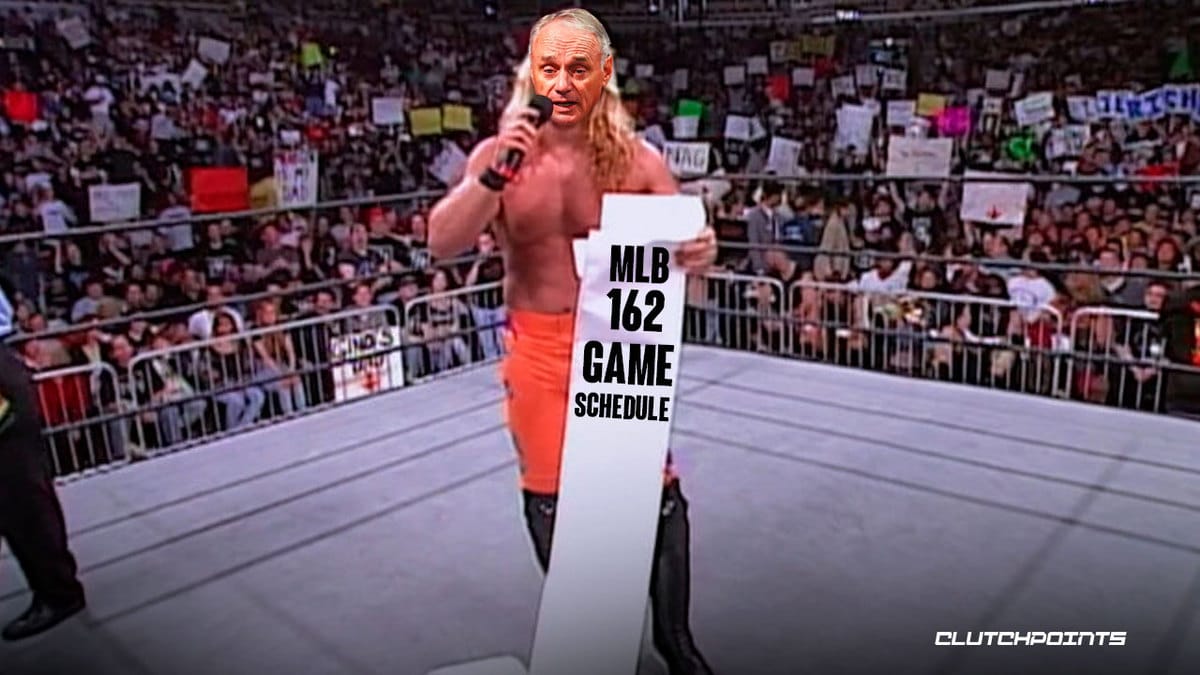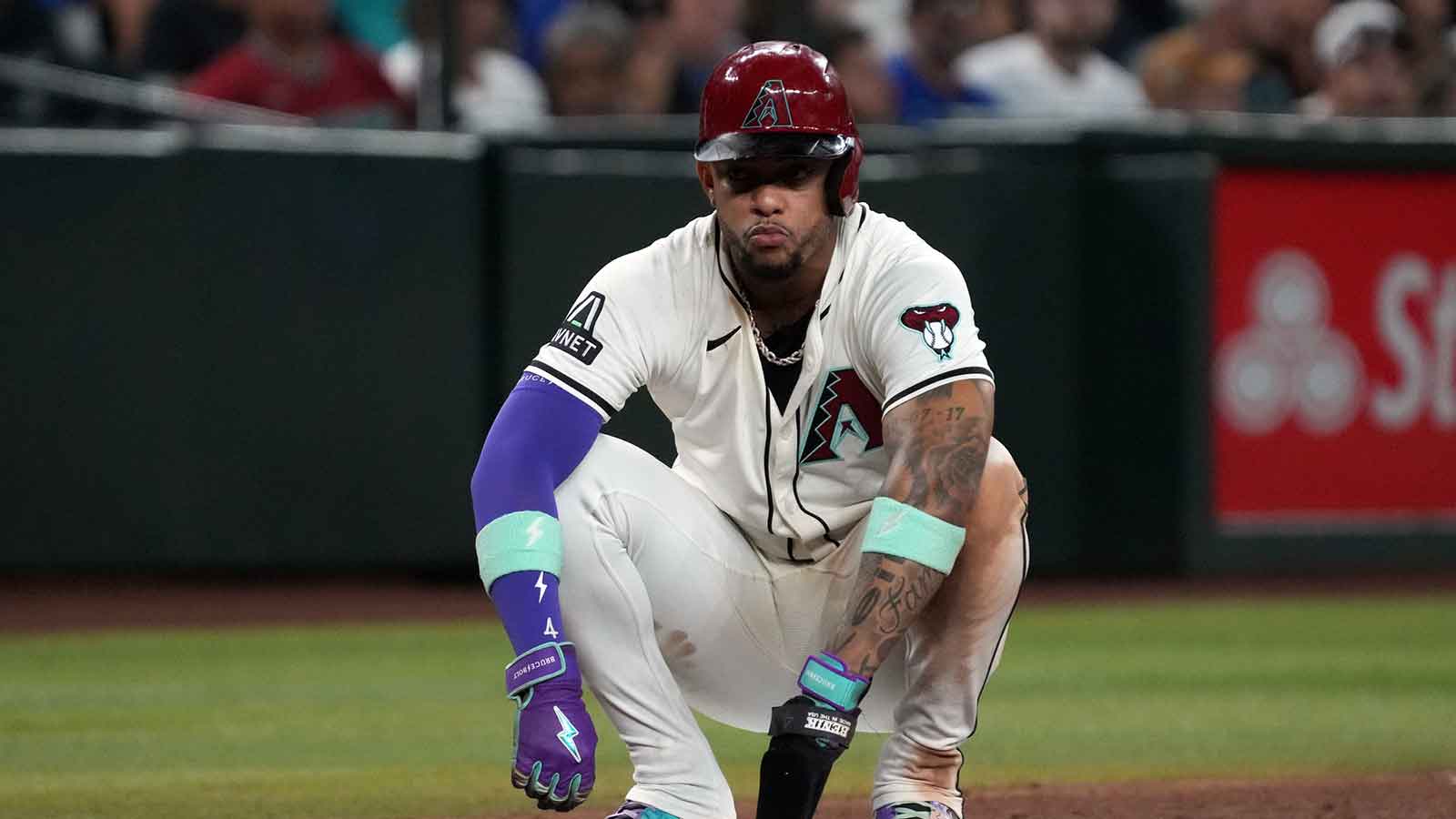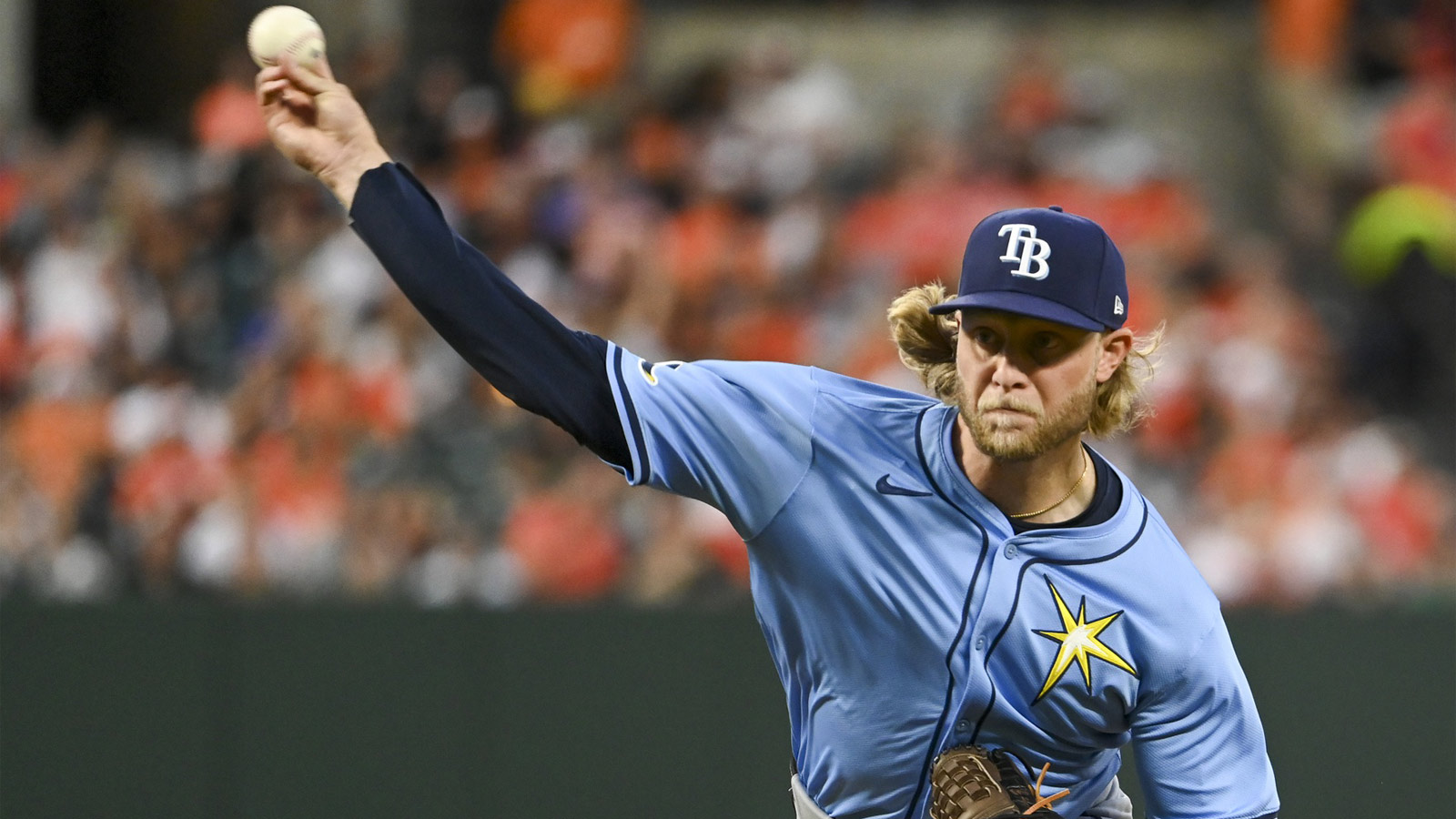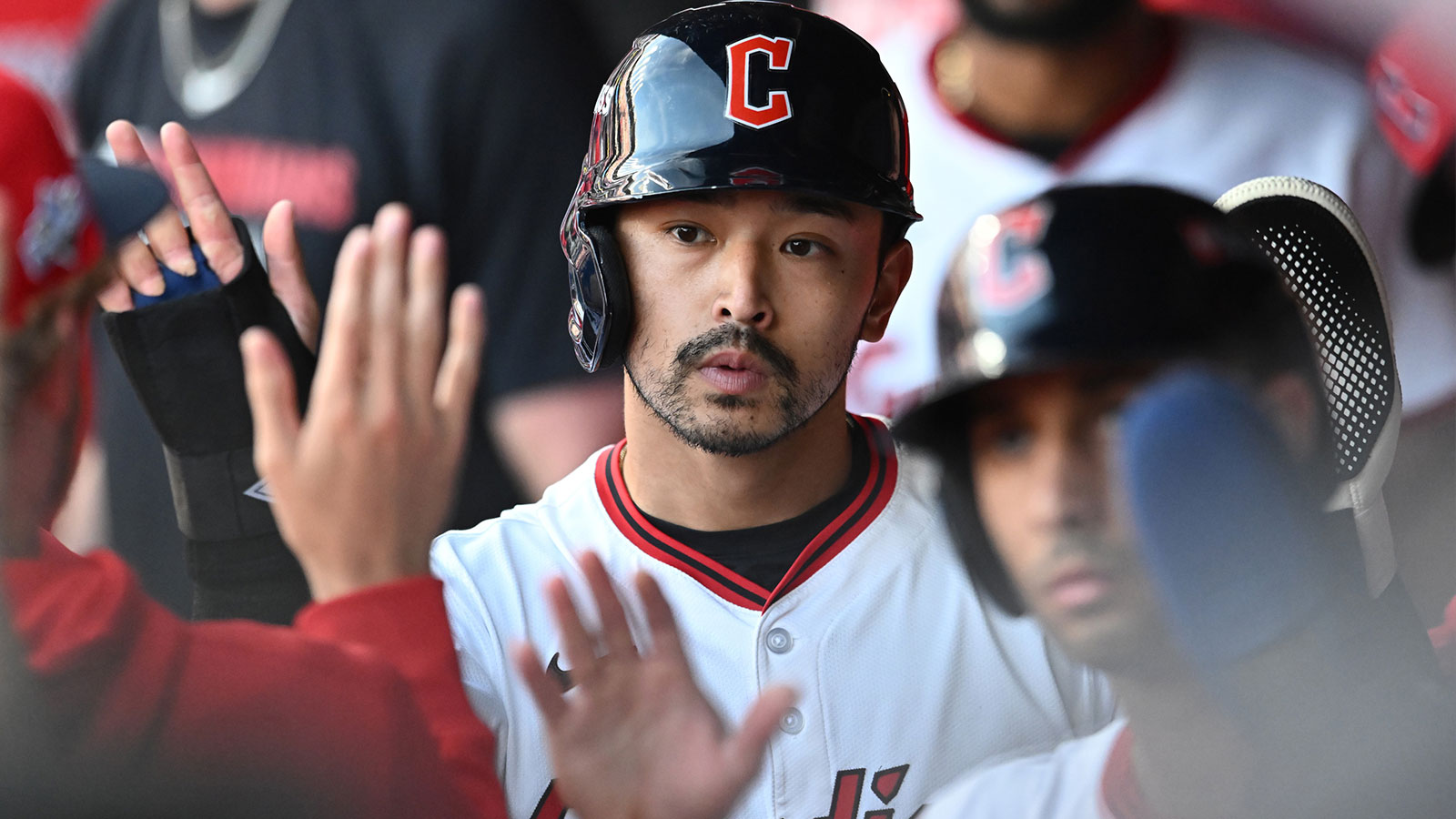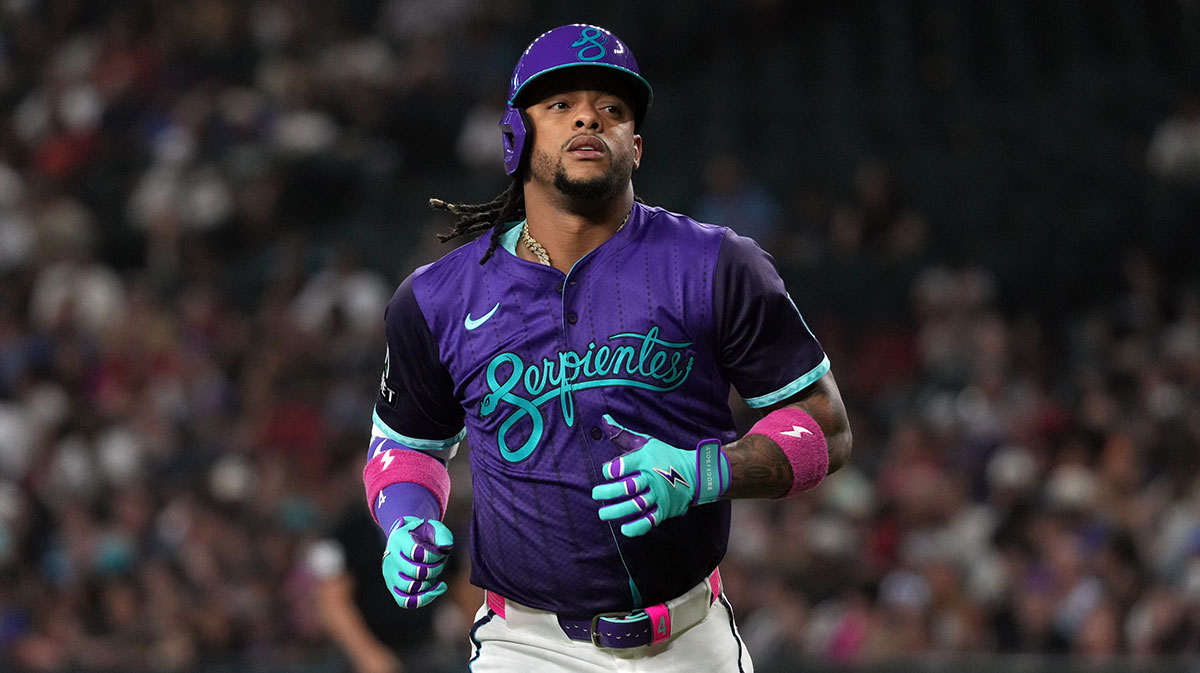The MLB is known for its long, rigorous season, consisting of an exhausting 162 games. The season, which can start in the last week of March, first week of April, continues all the way until sometimes the first couple days of October. That means that a typical MLB season, technically, is played in eight out of the 12 months of a calendar year. That's just the regular season. If you count Spring Training and the entire Postseason, that has gone into the first few days of November as of late, then you're counting 10 months. Overall, that presumably gives the MLB the most television time over any professional sport.
On Tuesday, MLBPA executive director commissioner Tony Clark told reporters that the union would be open to a potential reduction in the 162-game schedule, although not coupled with a salary reduction.
“The players union would be interested in potentially reducing the 162-game schedule, but certainly not at the expense of rolling back players' salaries,” USA Today's Bob Nightengale tweeted.
The players union would be interested in potentially reducing the 162-game schedule, but certainly not at the expense of rolling back players' salaries.
— Bob Nightengale (@BNightengale) July 11, 2023
MLB schedule will come down to money
Just looking at the number “162” is daunting in and of itself. It feels as if no league should ever play that amount of games in a given season. How many people really watch all 162 games? Sure, some will argue that, with as much money as MLB players are making, they probably need to play more. While that argument may hold some validity, it still fails to generate a genuine desire for more baseball; it merely serves as a convenient justification for those who believe players should earn their inflated contracts.
That's what this will ultimately come down to, of course: money.
Players definitely won't take less games if it means less money. That goes back even to the shortened pandemic season in 2020, that had the league and union negotiating for what was fair player compensation. Granted, it was a much larger, much different issue at hand back in 2020, however, where the season was reduced to a mere 60 games and players were asked to take prorated salaries.
The question becomes how can all parties between the players, the union, the owners and Manfred all be pleased if current the MLB schedule is reduced? Easier said than done, unfortunately. Some party or parties will get the short end of the stick, as not all can or will be satisfied if a reduction in regular season games were to become a reality. More than likely, if the regular season were to be reduced, it would likely (just guessing) only be by a maximum of 20 games — and to be honest, that's probably pushing it.
The MLB wouldn't simply be giving these games up. They would find a way to make up for the games, likely in an expanded playoff consisting of 14 teams instead of the current 12. Just last year it was reported that ESPN was reportedly willing to dish out $100 million for the league to expand the playoffs to 14 teams, but the MLBPA declined, resulting in a $15 million difference in revenue.
The league has long wanted for an expanded playoff with more teams, believing it will keep more of a vested interest from fans down the stretch of a season, with hopes their team could sneak into the playoffs.
“We’d like to expand the playoffs. It is good for players and for clubs, and it’s also good for our fans,” Manfred told MLB Network last year. “The vast majority of whom enjoy playoff baseball. We think the new format will encourage more clubs to compete, while giving more players the opportunity to participate in the postseason.”
Expanding the playoffs, unfortunately, falls short of addressing the underlying issue. While the problem of an excessive number of regular season games remains, expanding the playoffs merely introduces a new complication.
Too many games results in less interest
The primary concern with the current 162-game schedule is oversaturation, resulting in a diminished interest from fans. The excessive number of games dilutes the significance of each individual game. With so many games packed into the schedule, the level of anticipation and excitement is waned. By then expanding the playoffs with additional teams that traditionally wouldn't qualify for the playoffs, there is therefore a risk of diluting the significance of postseason games. It raises the question of whether the expanded format truly preserves the integrity and intensity that playoff baseball is known for.
Players' health
Playing 162 games in a single season stretches the players' endurance to the limit and often leads to fatigue, injuries, and declining performance as the season progresses.
Through just half of the season, some of the games best players have already been on the injured list. This year's All-Star Game is a perfect example of that. Some of the sports biggest stars that were supposed to be a showcase of the game are left out due to significant injuries suffered during the season. There were also other players that chose to opt-out of the All-Star Game for rest. And while that move was sure to cause angst among fans, it's hard to argue the player's sentiment of playing in what's basically game 163 that's nothing more than an exhibition game.
Resistance
While tradition and revenue considerations may resist change, it's worth exploring alternatives to the current game count. Perhaps a more balanced schedule with fewer games would bring about a renewed appreciation for the sport, attracting new fans and rekindling the passion of existing ones. That is, after all what the MLB is wanting, right? It's why they implemented all the new sets of rules in 2023, and why they're considering others in the future. As much as the MLB wants to change their game, perhaps changing the length of their massive regular season schedule is the next move. It's one that would have multiple impacts, mostly positive.

